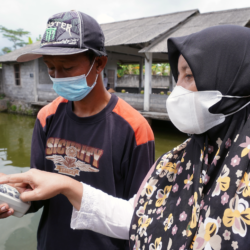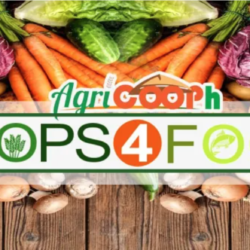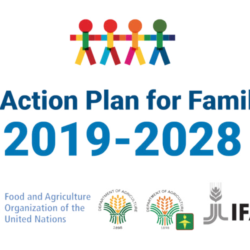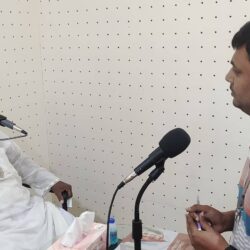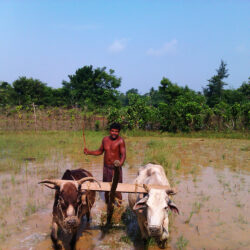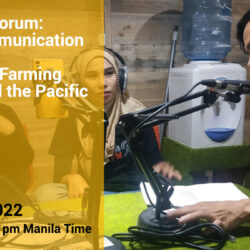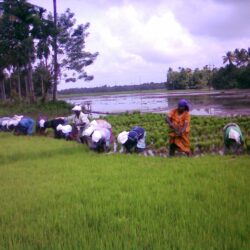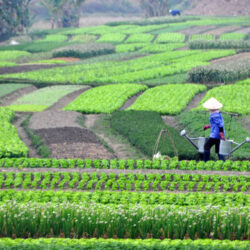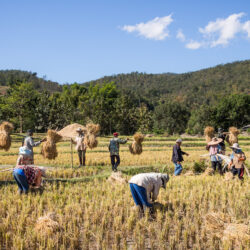Women farmers benefited from mobile app project in Indonesia
Agriculture is one of the most significant contributors to Indonesia’s economy, and the role of women is central to the sector. According to the International Labour Organization (2019), almost 30% of Indonesian farmers are women. Despite these, the gender gap is still present. In Indonesia, women own smaller landholding sizes (World Bank, 2022). Their participation… Read More

